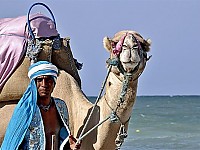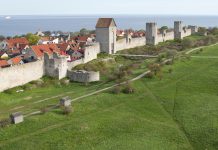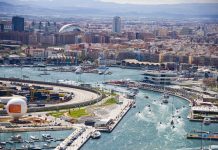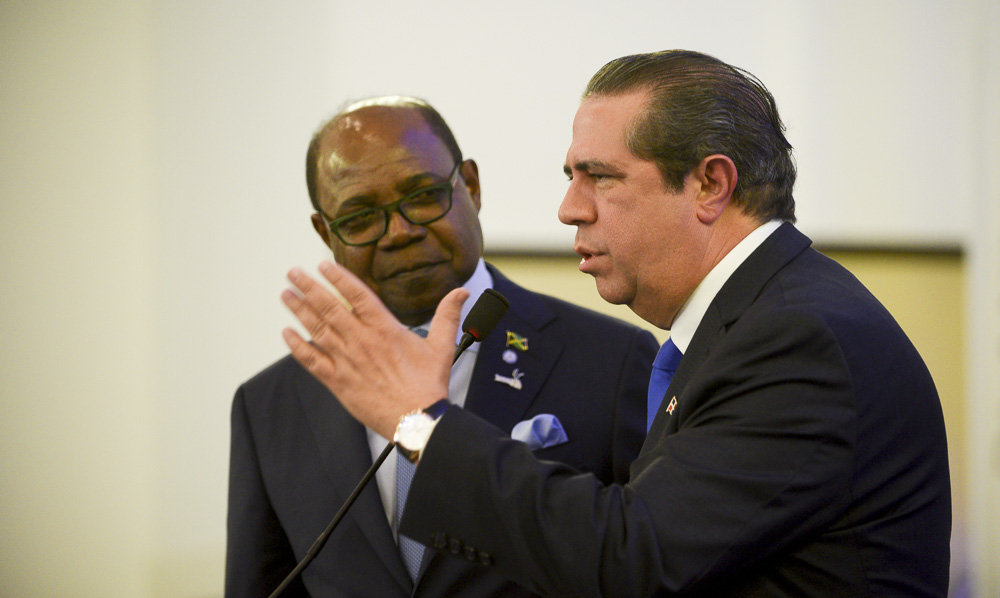
After the attack that resulted in 23 deaths (twenty foreigners and one Tunisian) and 50 wounded at the Bardo Museum in Tunisia on Wednesday 18th March 2015, the country has tried to reassure tourists about their safety. Tourism officially represents 7% of the GDP, comprising more than 400,000 direct or indirect jobs.
The Tunisian Ministry of Tourism and Handicrafts reported 3,000 cancellations of European tourists due to the attacks. In 2014, the number of tourists visiting Tunisia fell by 3.2%, going from 6.27 million visitors in the previous year to 6.07 million, according to the ministry. It still provides 400,000 direct or indirect jobs, but 13,000 direct jobs have been lost since the revolution. Tourism industry makes up 7% of the GDP, “the largest provider position of foreign currency for the country after the industry”, states the communication service of the ministry of tourism.
The tragedy at the Bardo Museum will probably make the crisis worse. Even if the country were to go towards a recovery, supported by its progress on the political front (the adoption of a constitution and holding elections in 2014), the Tunisian government defined its “economic impact” on the country as “terrible”.
A not very encouraging sign is that the Tunisian authorities encountered security issues after the attack. The investigation is still on-going, but numerous interrogations remain. The attack was carried out right in the capital, in the middle of a day and at a place with many visitors that borders the Assembly.
Already two Italian operators, MSC Cruises and Costa Cruises, have announced the suspension of their stopovers in Tunisia since some of their passengers were affected by the attack. Some Polish tour operators have also suspended their trips to Tunisia, including the giant Itaka. “We are negotiating with them so that they re-plan the destination,” explained Zoubeir Jebabli of the communication service of the Ministry of Tourism. “The good thing is that no foreign tourist asked for help being repatriated from Tunisia. The Ministry of Tourism, however, has announced reinforced security measures in the tourist areas,” he continues.
Not all partners are giving in to panic. The union of French tour operators (Seto) has, for example, announced that it would not start a “wave of cancellations” for the French travelers. “The cancellations are negligible, except for the Polish market, which has repatriated its travelers”, states Wajdi Sghiri, Secretary General of the Tunisian Federation of the hotel industry.
The calls for solidarity are multiplying in number. “This attack will slow down our activity, but it is crucial that foreign investment and tourism continues,” said Majdi Hassen, executive director of the IACE (Arab institute of CEOs). At the State Summit, the president Beji Caïd Essebsi also tries to reassure: “Tourists can come in complete safety. We have taken measures to assure this,” he declared.










